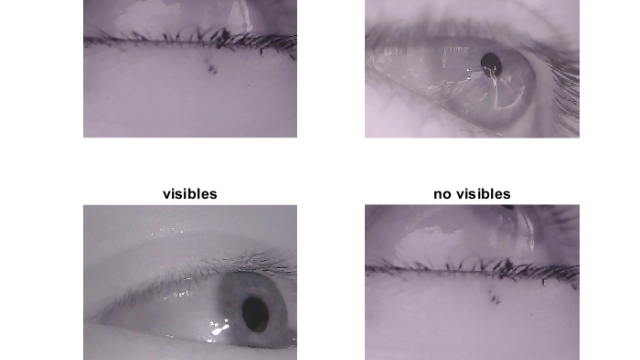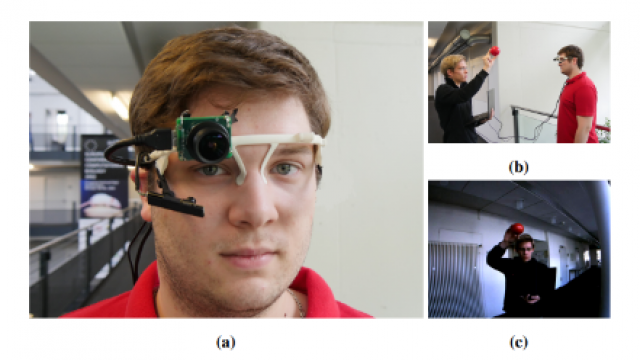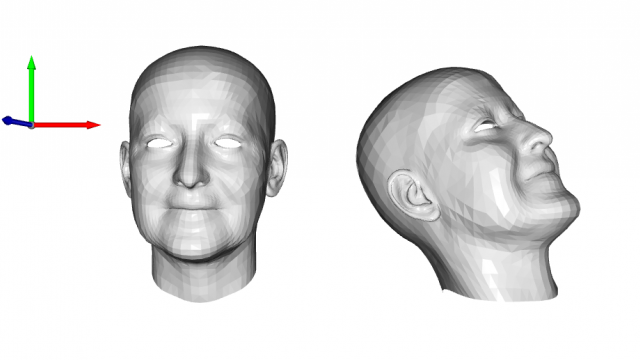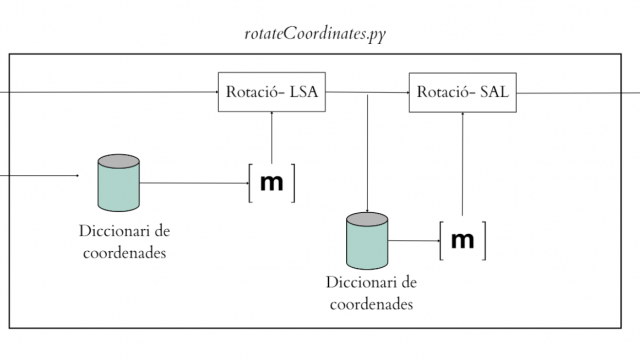Projects in Audiovisual Systems Engineering: Breaking Barriers

The audiovisual systems engineering sector is currently experiencing significant growth, and the demand for trained professionals is increasing. Audiovisual installations, video, speech technologies... They show the progress of an area in full growth.
With an employability of over 96%, training in audiovisual systems engineering has become an essential field for the development of new audiovisual products and systems.
From La Salle-URL we have the clear objective of promoting the future of our students, preparing them for the current professional and labor market in all its senses. In this post, we present the final projects carried out by two students of the Audiovisual Systems Engineering Degree.
Read on!
The role of audiovisual systems engineers in multimedia content creation
Audiovisual systems engineering is responsible for the design, development, installation and maintenance of systems that capture, process, transmit and reproduce images and sounds. These systems can be used for educational, informational, artistic or entertainment purposes.
The most common current examples are video cameras, projectors, loudspeakers, screens, microphones, mixers, editors, players, servers... They can be integrated into local or global networks, such as the Internet or television.
"In Spain, there are 750,000 engineering professionals" Engineering Observatory of Spain
The profile of the audiovisual systems engineer has to be prepared nowadays, including skills related to electronics, computer science, telecommunications, acoustics, sound... that allow them to be able to work in a team and adapt to the needs of the market.
Some of the most demanded professional opportunities for audiovisual systems engineers are:
-
Software and hardware developer for audiovisual applications
-
Designer and programmer of video games and simulators
-
Specialist in virtual reality and augmented reality
-
Sound and image engineer for cinema, television and radio
-
Consultant and advisor in audiovisual projects
Research projects: How to apply computer vision in the healthcare field
Nerea Suárez and Irene Cárdenas, students of the Audiovisual Systems Engineering Degree at La Salle Campus Barcelona have carried out their Final Degree Projects within the framework of research projects that apply computer vision to the field of health, which are developed in the Human-Environment Research (HER) research group of La Salle-URL.
This sector explores the applications of computer vision and artificial intelligence in health, education and leisure. Human Environment Research seeks to understand how people perceive, value, use and transform the environment, and how the environment influences people's well-being, health, behavior and culture.
3D, 2D and deep learning computer vision for normalization of cranial MRI scans
On the one hand, Nerea Suárez, a fourth year student of the Audiovisual Systems Engineering Degree, developed her end-of-degree project based on the application of deep learning techniques and under the supervision of Álvaro Heredia, professor and researcher at the Barcelona Campus.
His work is based on the use of a webcam and an artificial intelligence algorithm that recognizes emotions and associates them with a pain scale. The aim is to improve communication between healthcare professionals and patients, especially in cases where verbal language is not sufficient or possible.
"3D, 2D and Deep learning computer vision for cranial MRI normalization" estimates the orientation of patients' skulls from a three-dimensional MRI, which is a key step in the standardization and mass processing of this type of data.
Pupil screening for the diagnosis of benign vertigo
Irene Cárdenas has developed a method based on image analysis. Through the recording of the human eye in patients suffering from vertigo, she has applied an algorithm capable of detecting the position of the pupil in each frame. In this way, it is possible to measure the degree and frequency of nystagmus, comparing it with the results of other diagnostic methods.
What are the advantages of this method? Not only is it cheaper and simpler than other systems that require special equipment, but it is also more comfortable and less invasive for the patient, as he/she only has to look at a screen for a few seconds.
With her proposal, Irene was the winner of the 2nd contest "Explain your TFG in 4 minutes" held at La Salle Campus Barcelona on May 3, 2023.
The objective of the contest is for our students to develop the skills to explain their research to a general audience, with a maximum time of 4 minutes, through a simple and understandable language, thus fostering the passion to communicate and disseminate knowledge.
Employability of a growing sector
Audiovisual systems engineering has become a career with high demand and projection within the current labor market. The advance of audiovisual technologies is developing more sophisticated systems, such as high-resolution screens, cameras with greater image capture and reproduction capacity, and more immersive surround sound systems.
Therefore, the related training focuses on technical, artistic and communicative knowledge, so audiovisual systems engineers must be up to date with the latest trends and technological advances, as well as with the needs and preferences of users.
"The Spanish economy will need to incorporate at least 200,000 new engineers in the next ten years" Observatorio de la Ingeniería de España
Increasingly, cloud-based solutions, digital storage, online streaming and digital distribution platforms are being used. This has enabled the creation of new business models and greater accessibility to audiovisual content. In addition, emerging technologies such as virtual and augmented reality, artificial intelligence and streaming content are being explored.
Some of the most in-demand job areas for audiovisual systems engineers are:
-
Production and post-production of audiovisual content -film, television, radio, internet or video games-.
-
Design and installation of audiovisual systems
-
Development and innovation of audiovisual systems for education, health, security or research.
In La Salle-URL we aim to promote the future of our students, preparing them for today's professional and labor market in all its senses. That is why today we bring you the projects that two students of the Degree in Audiovisual Systems Engineering have developed in the field of technology and research.





